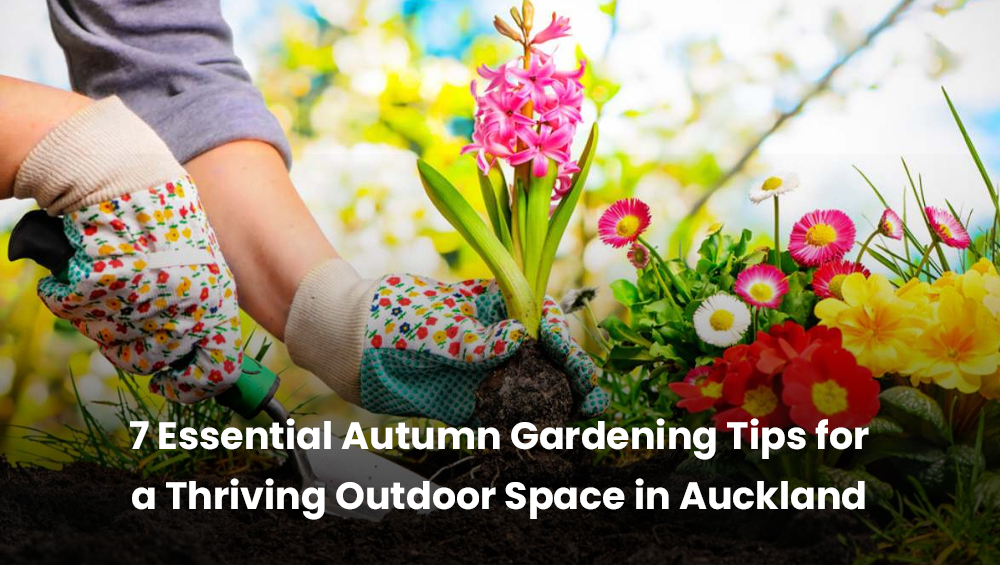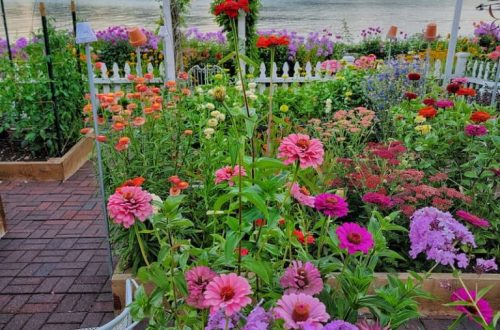Fall is often overlooked as a gardening season, but it’s actually a fantastic time to prepare your garden for the coming winter and even enjoy a late-season harvest! The cooler temperatures and increased rainfall make it an ideal time for planting certain vegetables, flowers, and shrubs. Are you ready to get your hands dirty and make the most of the autumn months? Let’s dive into some essential gardening tips for fall that will help you create a thriving outdoor space.
Essential Fall Gardening Tips: Preparing Your Soil
The foundation of any successful garden is healthy soil. Fall is the perfect time to amend your soil, giving it a boost before winter sets in. Think of it as tucking your garden in for a long, cozy sleep!
Testing Your Soil for Fall Gardening Success
Before you add anything, test your soil’s pH level. This will tell you if it’s too acidic or alkaline. You can purchase a soil testing kit at most garden centers. It’s a simple step that can make a huge difference!
Amending Your Soil with Organic Matter
Add plenty of organic matter like compost, well-rotted manure, or leaf mold. This will improve drainage, aeration, and nutrient content. Your plants will thank you for it next spring!
- Compost: A gardener’s best friend!
- Well-rotted manure: Adds essential nutrients.
- Leaf mold: A fantastic soil conditioner.
Don’t forget to till or turn the soil to incorporate the amendments thoroughly. This ensures that the nutrients are evenly distributed.
Fall Gardening Tips: Planting for a Late Harvest and Spring Blooms
Fall isn’t just about preparing for winter; it’s also a great time to plant! You can enjoy a late-season harvest of certain vegetables and get a head start on spring blooms.
Vegetables to Plant in the Fall
Consider planting cool-season vegetables like:
- Spinach
- Kale
- Lettuce
- Garlic
- Radishes
These vegetables thrive in cooler temperatures and can provide you with fresh greens well into the fall and even winter in some climates.
Planting Bulbs for Spring Color
Fall is the ideal time to plant spring-blooming bulbs like tulips, daffodils, and hyacinths. They need a period of cold dormancy to bloom properly in the spring. Imagine the burst of color that awaits you after a long winter!
Fall Gardening Tips: Protecting Your Plants from Winter
As the weather cools down, it’s crucial to protect your plants from frost and harsh winter conditions. A little preparation now can save you a lot of heartache later.
Mulching for Insulation
Apply a thick layer of mulch around your plants to insulate their roots and protect them from freezing temperatures. Straw, wood chips, or shredded bark are excellent choices.
Covering Sensitive Plants
For more sensitive plants, consider using frost blankets or row covers to provide extra protection on cold nights. These covers trap heat and prevent frost damage.
Watering Before a Freeze
Water your plants thoroughly before a predicted freeze. Moist soil retains heat better than dry soil, helping to protect the roots.
Fall Gardening Tips: Frequently Asked Questions
What is the best time to start fall gardening?
The best time to start fall gardening depends on your climate, but generally, late summer to early fall (August-October) is ideal.
How much should I water my garden in the fall?
Water less frequently than in the summer, but deeply when you do water. Check the soil moisture before watering.
What if I don’t have a lot of space for a garden?
Container gardening is a great option! You can grow many vegetables and herbs in pots on your patio or balcony.
Fall gardening is a rewarding experience that allows you to extend your growing season and prepare your garden for the future. By following these simple tips, you can enjoy a beautiful and productive garden throughout the autumn months and beyond. So, grab your gardening gloves, head outside, and embrace the beauty of fall! Don’t be afraid to experiment and try new things. Gardening is all about learning and growing, just like the plants you nurture. Happy gardening!






